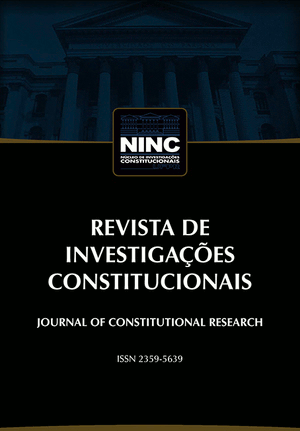Abstract
In this paper, I examine the social rights jurisprudence of Brazil and South Africa, two jurisdictions that have adopted markedly different approaches to their interpretation. In doing so, I advance three arguments relating to the study of social rights adjudication and the effects of the resulting jurisprudence. First, understanding the development of social rights jurisprudence requires understanding the pre-existing set of judicial norms that define the role of the judges and acceptable mode(s) of legal reasoning. Second, variations in institutional design and understandings of precedent means that one cannot assume that the decisions of the apex court will be universally or quickly incorporated into the decisions of the lower courts. As such, it may be necessary to look beyond apex court decisions to get an accurate picture of patterns of social rights jurisprudence in a given jurisdiction. Third, both of the dominant approaches have the potential to institgate significant policy change, but they also encourage different types of litigation and different litigants. This, in turn affects the approach taken to addressing the policy areas and does not necessarily lead to the prioritization of areas where the investment of state resources will yield the greatest returns or be the most socially just.
Keywords:
social rights; Brazil; South Africa; jurisprudence; comparative constitutionalism
